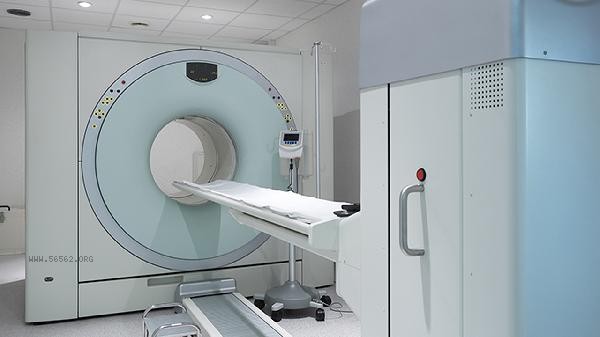The Psychology Department of Nanning Fifth Hospital Mental Hospital mainly provides psychological counseling, psychological assessment, psychological therapy and other services. The common diagnosis and treatment scope includes depression, anxiety disorders, sleep disorders, adolescent psychological problems, interpersonal relationship problems, etc. Psychology departments are usually equipped with professional psychological assessment tools and individual/group treatment rooms, with a team of psychiatrists and psychotherapists.

1. Psychological Counseling
Psychological counseling is a basic service of the psychology department, providing professional guidance for mild emotional distress, stress management, career development, and other issues. Counselors will use techniques such as listening and empathy to help visitors sort out their problems. Common methods include cognitive-behavioral therapy and focused short-term treatment. Typical indications include non pathological psychological problems such as insomnia caused by work pressure and communication barriers between parents and children.
II. Psychological Assessment
Psychological assessment adopts a combination of standardized scales and clinical interviews, and commonly used tools include symptom self-assessment scales, personality tests, intelligence tests, etc. Assessment can clarify the presence of psychological symptoms such as anxiety and depression, providing objective evidence for diagnosis. Some hospitals also provide specialized services such as assessment of ADHD in children and screening of cognitive function in the elderly.
III. Psychotherapy
Psychotherapy is suitable for diagnosed patients with psychological disorders, and common techniques include mindfulness based stress reduction therapy, sandplay therapy, family therapy, etc. Behavioral activation therapy may be used for patients with depression, while patients with obsessive-compulsive disorder often cooperate with exposure response prevention therapy. The treatment cycle usually requires multiple systematic interventions.

4. Medication assisted therapy
For patients with moderate to severe mental illness, psychologists will evaluate whether combination therapy is necessary. Common medications include antidepressants, anti anxiety drugs, etc., and should be strictly used according to medical advice. During the treatment period, regular monitoring of drug reactions will be conducted in conjunction with psychological therapy to improve rehabilitation outcomes.
V. Featured Intervention Projects
Some hospitals' psychology departments provide specialized services such as art therapy and group psychological counseling. Music therapy can help with emotional release, while painting therapy can help children express their inner conflicts. There are also specialized psychological support programs for specific populations such as pregnant women and cancer patients.

It is recommended to make an appointment in advance and organize the history of symptom development before seeking medical treatment. Initial diagnosis usually requires a long time for detailed evaluation. Daily life can be adjusted with regular routines, moderate exercise, and other lifestyle adjustments. Family members should avoid excessive attention or blame for the patient's condition. If there is an emergency situation such as suicidal tendencies, it is necessary to immediately contact the hospital's crisis intervention department.




Comments (0)
Leave a Comment
No comments yet
Be the first to share your thoughts!